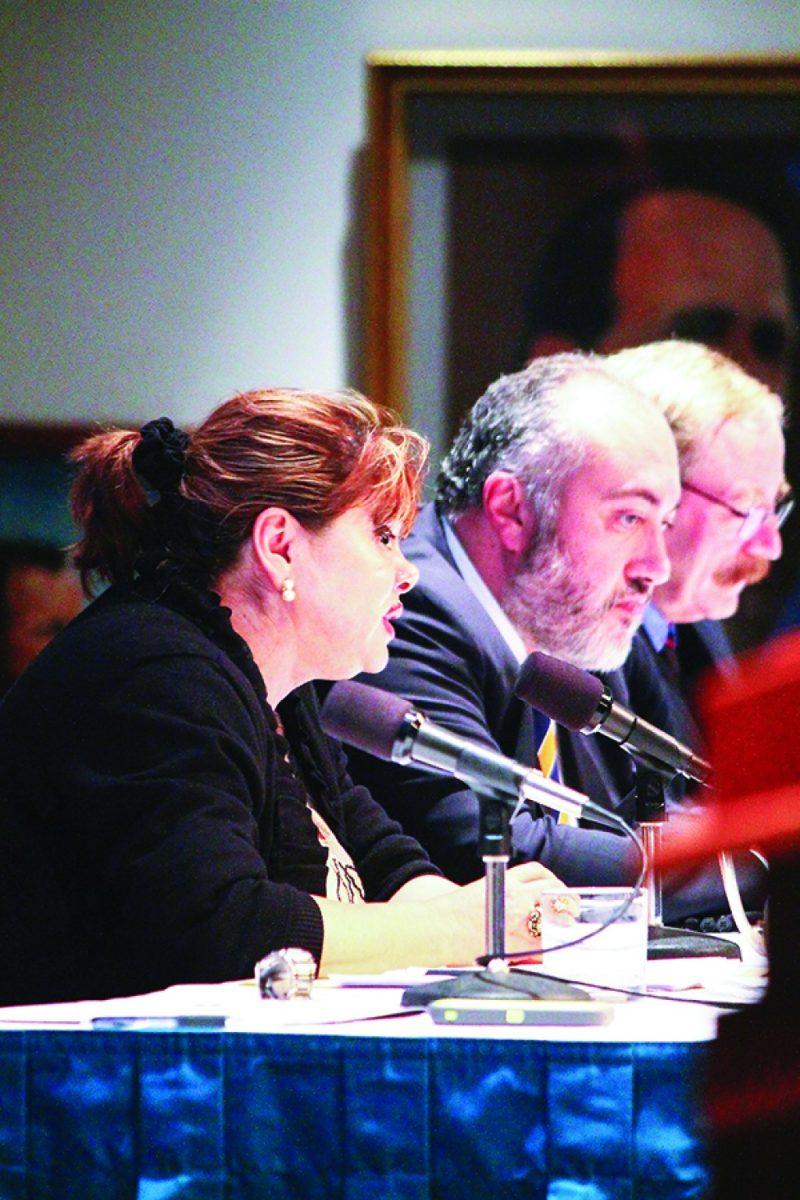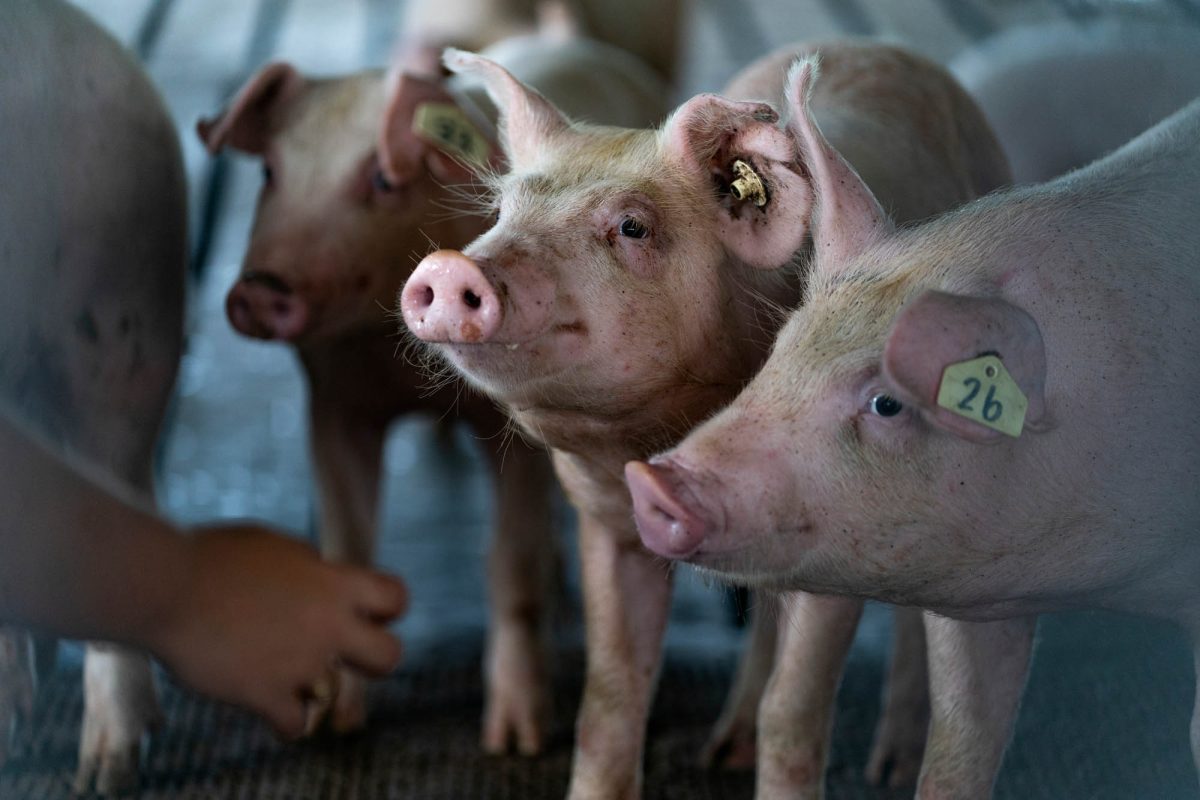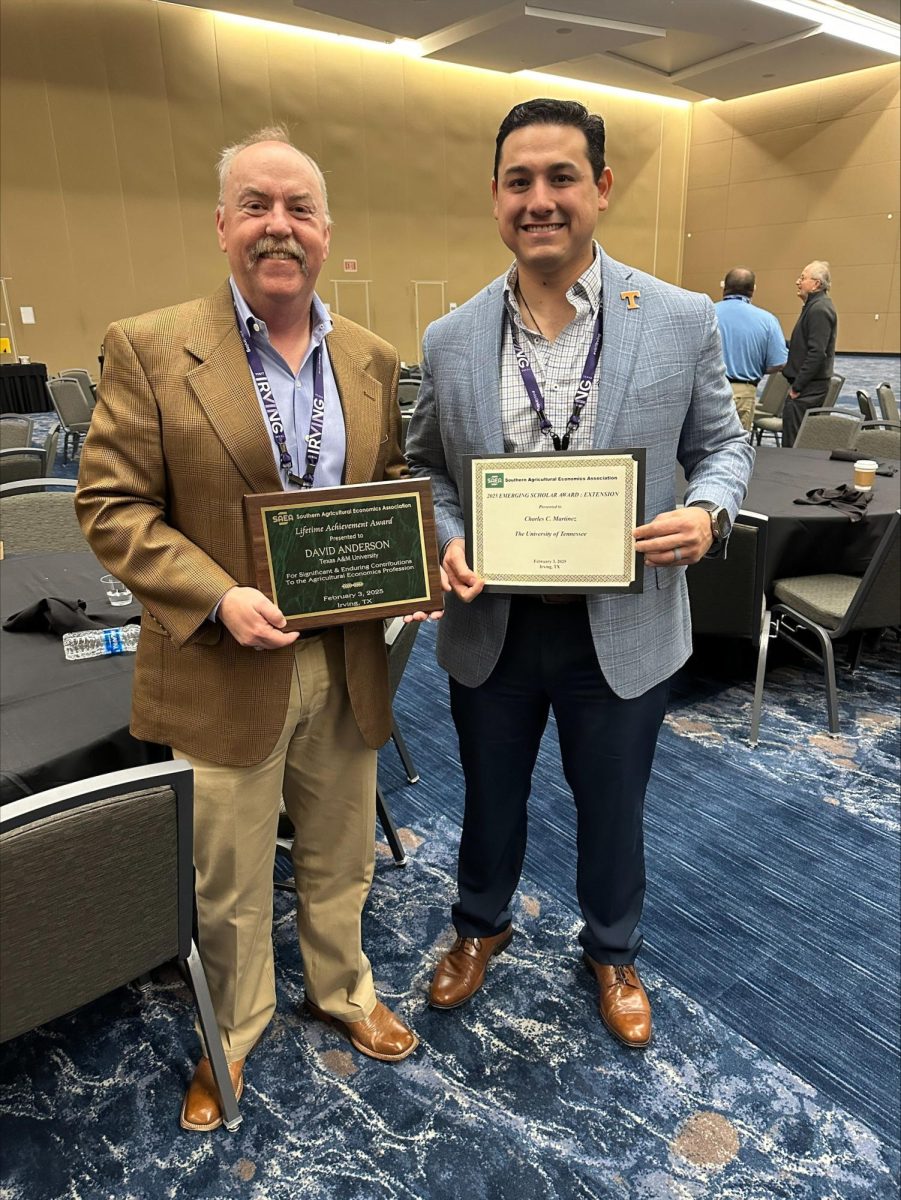Vladimir Putin’s Russia presents a complex challenge to American policymakers, a topic discussed by experts brought together by the Bush School on Tuesday.
“Reexamining Putin’s Russia: Tsarist Dinosaur, Failed State Or 21st Century Predator?” attempted to gain insight into threats the U.S. may face from Russia in the future. The conference was broken into three sections and covered current events taking place in and around Russia.
David Satter, Russia scholar and former Moscow media correspondent, provided a political glimpse at the current social situation in Russia. Satter, the only American journalist to be barred from the Russian Federation, said Russia under Putin is moving from a central economic focus in communism to one of radical capitalism.
However, Satter did point out that the strategy Putin is using employs similar tactics as when communism took over.
A&M history professor Roger Reese said that Putin’s leadership was one without vision and stuck in the past.
“Putin — since day one of him being in office — has not offered Russia a vision,” Reese said. “He is constantly looking backward to Russia’s past as a way to try to unite his country. He takes a reactive role instead of proactive and that is the reason for Russia’s lack of success in the future.”
On the other hand, Gabriela Thornton, instructional associate professor of international affairs in the Bush School, said the United States needs to move forward so that other countries, including Russia, can follow suit.
“Obama said, ‘Give Putin more time,’” Thorton said. “If the United States is not going to do anything, no one else is going to. A treaty in the 90s between the U.S., UK and Russia guaranteed territorial integrity for Ukraine but we did not and are not delivering on that guarantee.”
Temuri Yakobashivili, Georgian political scientist, diplomat, politician and former ambassador to the U.S., provided insight on Russia’s current aggression toward bordering countries and Putin’s intentions.
“Yes, Russians were testing ground in Georgia and Ukraine was predicted to be next,” Yakobashivili said. “France and Britain both appeased Germany and they went on to invade Poland. Putin has a bigger agenda than Russia.”
While the U.S. is still deliberating its response, Jim Corum, professor in terrorism and security studies at the University of Salford in England, said another question is of possible economic sanctions from the European Union.
“As Germany goes, the Germans are very reluctant to do anything because they have gas and oil deals with the Russians,” Corum said. “The Russians hold a strong hand in gas and oil supplies. Eastern and Western Europe depend on Russian supplies and that is going to limit sanctions. Militarily, Germany is not a reliable NATO partner because the pacifist ideology is so strong there that when they commit troops it is a symbolic act. Politically they can’t take losses. The Germans are on the outs in NATO as far as military goes. As far as security, the EU isn’t even a factor. The reality is there is one security organization that works in Europe and that is NATO.”
Panel deliberates direction of Russia
November 4, 2014
Photo by Jeff Dundas
Gabriela Thorton, professor at the Bush School, was one of the speakers at Monday’s Russian perspective event.
0
Donate to The Battalion
$2790
$5000
Contributed
Our Goal
Your donation will support the student journalists of Texas A&M University - College Station. Your contribution will allow us to purchase equipment and cover our annual website hosting costs, in addition to paying freelance staffers for their work, travel costs for coverage and more!
More to Discover










